Stephen Porges – Clinical Applications of the Polyvagal Theory with Stephen Porges, PhD: Trauma, Attachment, Self-Regulation & Emotions
$219.99 Original price was: $219.99.$43.00Current price is: $43.00.
[Instant Download] – You will receive instant download access after the purchase
- Faculty:
- Stephen Porges, PhD
- Duration:
- 6 Hours 2 Minutes
- Format:
- Audio and Video
- Copyright:
- Oct 18, 2019
Description
Handouts
| Manual – Clinical Applications of the Polyvagal Theory (18.37 MB) | 130 Pages | Available after Purchase |
Outline
The Polyvagal Theory
- The biology of safety and danger
- The principles and features of the Polyvagal Theory and how to apply it in a clinical setting
- How the Polyvagal Theory can explain several features related to stress-related illnesses and psychiatric disorders such as PTSD, autism, depression, and anxiety
- The Social Engagement System and how it compromised by stress and trauma
- Resetting our Social Engagement System
- Evolutionary changes and adaptive functions in the autonomic nervous system
- Humans response hierarchy to challenges
- Three neural platforms that provide the neurophysiological bases for social engagement, fight/flight, and shutdown behaviors
Social Engagement System and Psychiatric and Behavioral Disorders
- A description of the “face-heart” connection that forms a functional social engagement system
- How our facial expressions, vocalizations, and gestures are regulated by neural mechanisms that are involved in regulating our autonomic nervous system
Neuroception: Detecting and Evaluating Risk
- How our social and physical environment triggers changes in physiological state
- Understanding that adaptive physiological reactions may result in maladaptive behaviors
- Immobilization without fear
- Play as a neural exercise
- Listening as a neural exercise
”Demystifying” Common Biobehavioral Responses to Trauma and Abuse
- Fight/flight and immobilization defense strategies
- Adaptive function of immobilization and the associated clinical difficulties
- How the stresses and challenges of life distort social awareness and displace spontaneous social engagement behaviors with defensive reactions
Applying the Polyvagal Theory in Clinical Settings to Improve Treatment Outcome
- Understanding and treating auditory hypersensitivities
- Emotional state regulation as a core feature of psychiatric disorders
- Deconstructing features of autism and PTSD
- Strategies to explain disruption and repair of symbiotic regulation
- Identifying social cues that disrupt or repair defensive reaction
- Risks & limitations of the theory & clinical practice
Faculty
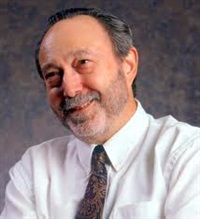
Stephen Porges PhD Related seminars and products: 21
Professor
Kinsey Institute, Indiana University and Department of Psychiatry at the University of North Carolina- Chapel Hill
Stephen W. Porges, PhD, is Distinguished University Scientist at Indiana University, where he is the founding director of the Traumatic Stress Research Consortium within the Kinsey Institute. He holds the position of Professor of Psychiatry at the University of North Carolina and Professor Emeritus at the University of Illinois at Chicago and the University of Maryland.
Dr. Porges served as president of both the Society for Psychophysiological Research and the Federation of Associations in Behavioral & Brain Sciences and is a former recipient of a National Institute of Mental Health Research Scientist Development Award. He has published more than 300 peer reviewed scientific papers across several disciplines including anesthesiology, biomedical engineering, critical care medicine, ergonomics, exercise physiology, gerontology, neurology, neuroscience, obstetrics, pediatrics, psychiatry, psychology, psychometrics, space medicine, and substance abuse.
In 1994 Dr. Porges proposed the Polyvagal Theory, a theory that links the evolution of the mammalian autonomic nervous system to social behavior and emphasizes the importance of physiological state in the expression of behavioral problems and psychiatric disorders. The theory is leading to innovative treatments based on insights into the mechanisms mediating symptoms observed in several behavioral, psychiatric, and physical disorders.
He is the author of The Polyvagal Theory: Neurophysiological foundations of Emotions, Attachment, Communication, and Self-regulation (Norton, 2011), The Pocket Guide to the Polyvagal Theory: The Transformative Power of Feeling Safe (Norton, 2017) and co-editor of Clinical Applications of the Polyvagal Theory: The Emergence of Polyvagal-Informed Therapies (Norton, 2018).
Dr. Porges is also the creator of a music-based intervention, the Safe and Sound Protocol™, which currently is used by more than 1000 therapists to improve spontaneous social engagement, to reduce hearing sensitivities, and to improve language processing, state regulation, and spontaneous social engagement.
Speaker Disclosure:
Financial: Stephen Porges is a Distinguished University Scientist at Indiana University; and a professor at the University of North Carolina. Dr. Porges has intellectual property rights, and receives royalties from Integrated Listening Systems (now Unyte). In addition, he holds patent rights licensed to NeuralSolution for the technology embedded in PhysioCam and in technologies embedded in products marketed by Unyte. He is an author for W. W. Norton and receives royalties. Dr. Porges receives a speaking honorarium from PESI, Inc.
Non-financial: Stephen Porges has no relevant non-financial relationship to disclose.
Delivery Method
– After your purchase, you’ll see a View your orders link which goes to the Downloads page. Here, you can download all the files associated with your order.
– Downloads are available once your payment is confirmed, we’ll also send you a download notification email separate from any transaction notification emails you receive from IMC.sale.
– Since it is a digital copy, our suggestion is to download and save it to your hard drive. In case the link is broken for any reason, please contact us and we will resend the new download link.
– If you cannot find the download link, please don’t worry about that. We will update and notify you as soon as possible at 8:00 AM – 8:00 PM (UTC+8).
Thank You For Shopping With Us!
Be the first to review “Stephen Porges – Clinical Applications of the Polyvagal Theory with Stephen Porges, PhD: Trauma, Attachment, Self-Regulation & Emotions” Cancel reply
Related Products
Medical & Health
Medical & Health
Medical & Health
Medical & Health
Medical & Health

![[Audio Download] CC15 Workshop 10 - Marital First Responders: A New Way to Engage Communities of Support for Couples - William Doherty](https://imc.sale/wp-content/uploads/2022/02/Audio-Only-CC15-Workshop-10-Marital-First-Responders-A-New-Way-to-Engage-Communities-of-Support-for-Couples-William-Doherty-PhD-100x100.png)
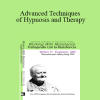

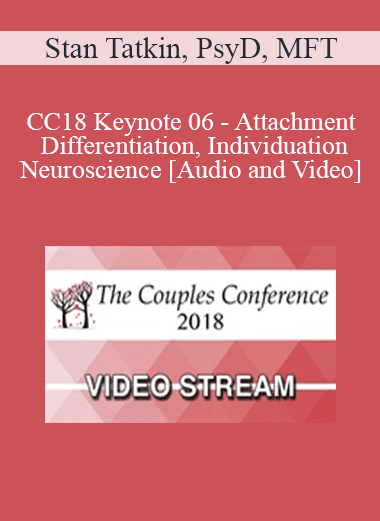


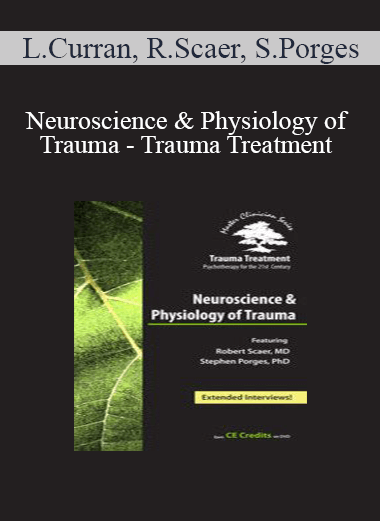


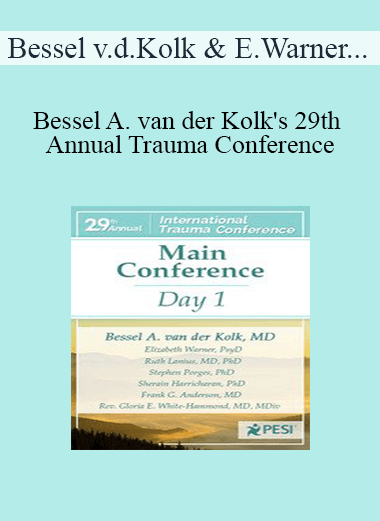
![[Audio Download] CC18 Keynote 06 - Attachment](https://imc.sale/wp-content/uploads/2022/02/Audio-Only-CC18-Keynote-06-Attachment-Differentiation-Individuation-and-Neuroscience-Low-Complexity-Partners-in-Couples-Therapy-Stan-Tatkin-PsyD-MFT.png)

9 reviews for Stephen Porges – Clinical Applications of the Polyvagal Theory with Stephen Porges, PhD: Trauma, Attachment, Self-Regulation & Emotions
There are no reviews yet.